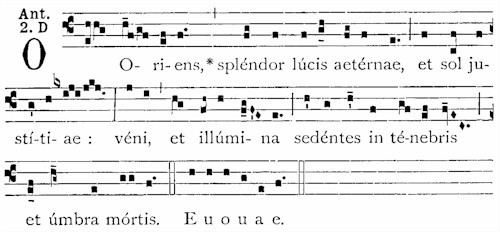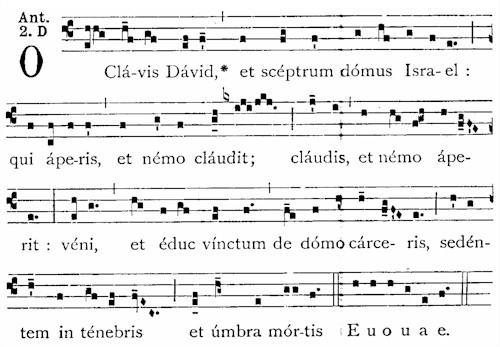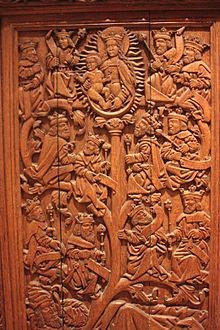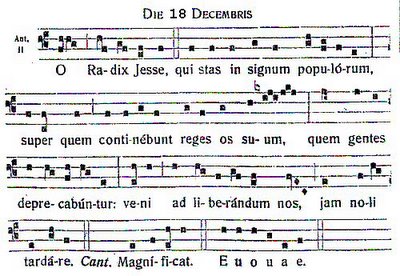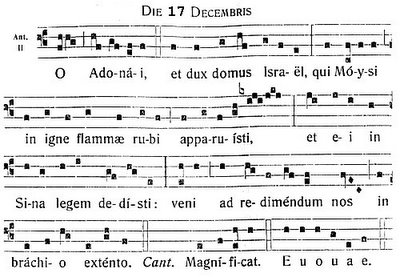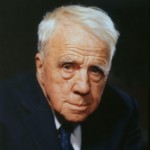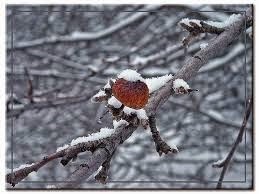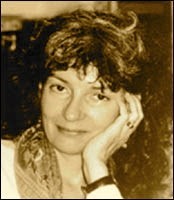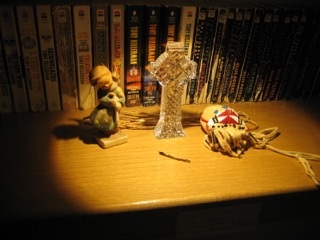Saturday, December 17
Campuses are quiet, winter chilly, and slushy. Last final exams went down this morning. We are beginning to button up for the heart and soul of Advent, then the feast of Jesus’ birth, then the New Year until it’s time to stir the many fires of this place of teaching and research and learning. But today is the 17th day of Advent, which also means the 1st of the seven days when the ancient and beautiful “O Antiphons” create a context of stillness and wonder.
Advent hope, as D H Lawrence suggests, wants to stir our imaginations and our courage to wait for amazing grace[s]. That was on my mind 2 Decembers ago when I wrote these thoughts about the early returns of an astonishing breakthrough success of Detroit’s bankruptcy. Now 2 years later, city investments turn up 3-5 times a week. Still lots to do, still sufferings, but across the nation .
The notes from 2014? are they a poem? Not exactly. But worth reading and remembering before you turn to the Lawrence poem and the Antiphon for the day, “O Wisdom.”
early evening, have a blest night. Tomorrow “O Adonai”
john sj
About December 17, 2014
“Late December two years ago the Detroit bankruptcy had matured into grinding uncertainties; surely for the c. 32,000 Detroit citizens whose futures looked harrowing — would their pensions, the magnitude of their underfunded status becoming obvious by then, be chopped down to $0.75 on the dollar? Surely for the Detroit Institute of Arts — would their world class collection of treasures be gutted by hungry creditors? Surely for the city — would Detroit lose any shot at a turn toward fiscal integrity if the bankruptcy went sour — any shot at rebuilding its bus system, its computer system, its water system, its neighborhoods, because the creditor process stripped the city clean until it resembled a carcass instead of a vital place in which people love to live?
I noticed in yesterday’s Crain’s Detroit Business (Dec 16, 2014), an article observing that Bankruptcy Judge Stephen Rhodes and, doubtless, Mediation Judge Gerald Rosen, had jawboned down the city’s legal bills from the most complex city bankruptcy in US history and freed up another $25 million that could go to pressing needs — like buses or computer systems or the neighborhoods, to go with the $1.7 billion fund already set aside as part of the Grand Bargain for those same rebuilding purposes. No mistake about it, Detroit still packs wounds and has a long list of rebuilding projects —> but they are projects, which, like the rebuilding of Livernois just outside our McNichols Campus, are starting points with believable futures. Last year’s knocking on our doors in the night of fiscal threat begin to look like D.H. Lawrence’s three strange angels. It is a very Advent emotion to risk some rejoicing of a future reborn in a still demanding world.
Yes, gun-wielding violent people can still slaughter innocent children in place after place, country after country, just as some Taliban tried to murder Malala, Nobel Laureate champion of girls who risk their lives to attend school. Yes, Detroit’s neighborhoods require daily courage to build on a miracle of cross-race and cross-politics mutual risk-taking through all this year of 2014. Like the birth of every child, the birth of hope emerges into the world bloody and exhausted . . . but pulsing with life.”
Have a blest day,
john sj
p.s. So the O Antiphons sing to us. I hope you enjoy them each day until Christmas Eve and recognize as you listen to their centuries-old Gregorian Chant that millions of women and men and children have listened before us.
Thursday December 17 — “It is the 3 strange angels . . . ”
D. H. Lawrence, of Lady Chatterley fame, wrote poetry as well.
Here is an Advent prayer if there ever was one.
“What is the knocking?
What is the knocking at the door in the night?
It is somebody who wants to do us harm.
No, no, it is the three strange angels. Admit them, admit them.”
Today’s Post December 17 — “O Sapientia”
“O wisdom, coming forth from the Most High, filling all creation and reigning to the ends of the earth; come and teach us the way of truth.”
“O Sapientia, quae ex ore Altissimi prodiisti, attingens a fine usque ad finem fortiter,suaviterque disponens omnia: veni ad docendum nos viam prudentiae.’
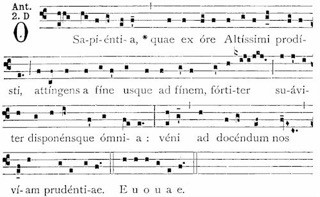
To listen to the Antiphon sung in Gregorian Chant
https://www.youtube.com/watch?v=S6zaiZxJIpU

